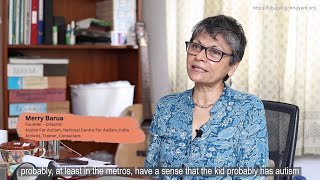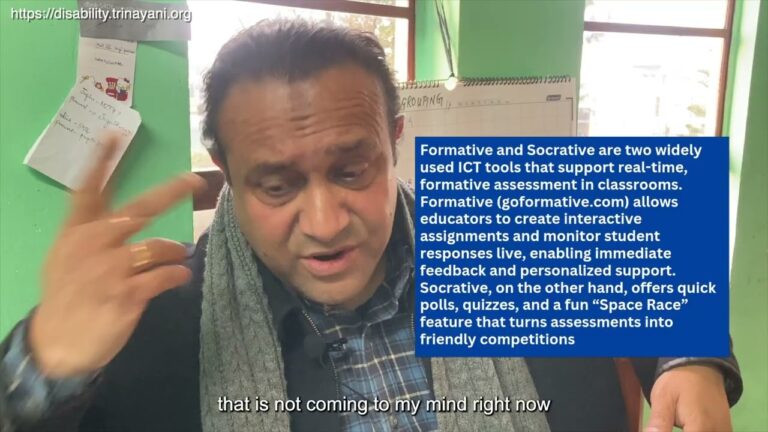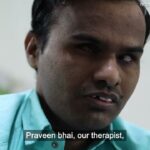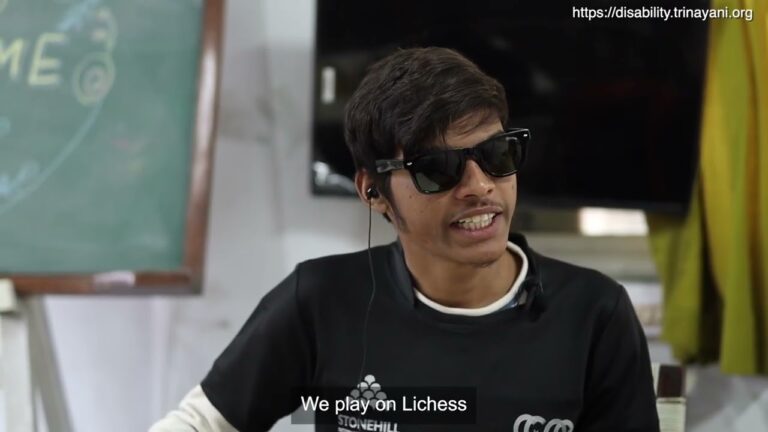Blind Chess – Rahul Vaghela
Meet Rahul Vaghela – a young chess player who sees the board more clearly than most, even without sight.
At just ten years old, Rahul discovered the world of chess. Since then, his journey reflects not only talent, but grit, strategy and smart adaptation to the tools of this game!
This film takes you into Rahul’s mind – how he prepares, how he learns, and how he plays with heart. With accessible tech, dedicated coaching, and pure passion, he’s challenging expectations, leveling the playing field, and proving that true vision comes from within.
You can navigate to the specific topics using the following chapters:
00:00 – Ritika Sahni’s introduction to the film
00:22 – Rahul on playing chess
02:14 – How do you practice and prepare for tournaments?
04:34 – Can you share how you usually tell the time?

















